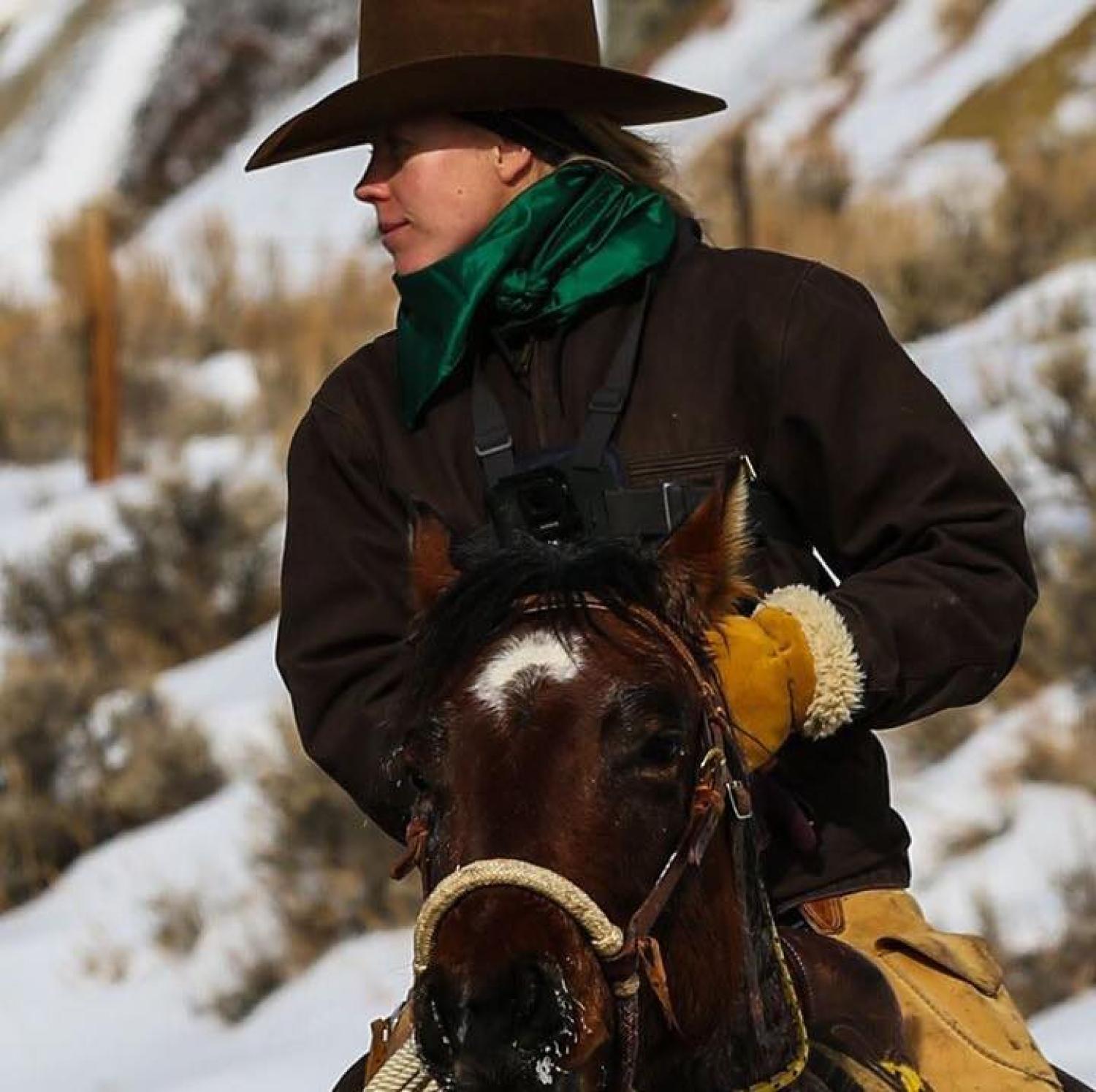Spring 2022 Speaker Series: Dr. Andrea Petitt

Dr. Andrea Petitt
Centre for Gender Research
Uppsala University
Thursday, April 28th 2022
12:30pm MST
1:30-2:30pm talk with Graduate students
Zoom link
Title: The Multispecies Triad of the American West and beyond: towards a multispecies intersectionality
Feminist and multispecies anthropologies have de-centred those most visible, in order to appreciate the perspectives of those othered in society – but also in order to better understand society at large. This paper goes beyond de-centring the human towards de-centring another analytical focus: the species dyad. Building on previous work on gender-species intersectionality and drawing on five fieldworks of multispecies ethnography involving gendered relations between humans, cattle and horses on three continents, this paper offers a conceptualization of the multispecies triad by outlining a multispecies intersectionality theory. This entails acknowledging the intersectionality of five sets of relations: 1) intersecting power relations of humans (such as gender and ethnicity as well as local categories); 2) species as a power relation beyond biology; 3) humans’ organisation of non-humans into intra-species categories (by for example sex, breed, age as well as local categories); 4) non humans’ own intra-species power relations; 5) non-humans relations to different intra-species groups (including human sub-groups). By situating a multispecies triad in this multispecies intersectionality the paper shows how relations of power intersect within and across species with consequences for individuals and groups of all species involved. Multispecies intersectionality can thus be of interest even to scholars primarily interested in humans.
Bio:
I am a post-doc researcher at the Centre for Gender Research at Uppsala University, where I have worked since I defended my PhD. Thesis in Rural Development in 2016. My main research interests focus on gender and human-animal relations in agriculture and I use multispecies ethnographic methodologies and creative methods for data collection. Previously I have worked with questions around cowboy masculinities in horseback cattle ranching in the Canadian west, women’s cattle ownership in Botswana and the breeding of traditional Swedish Mountain Cattle. Currently, I am working in an international post-doc project financed by the Swedish Research Council (VR) on gendered human-horse-cattle relations around working horses and cattle ranching as well as equestrian sport and tourism focusing on cattle.
This Presentation is Cosponsored by the Center of the American West.

